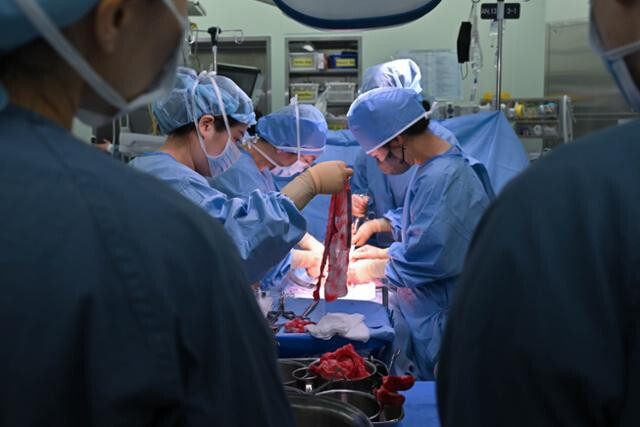
Seoul, South Korea – A Seoul court has ruled that a hospital is liable for the death of a woman who died following a cesarean section due to excessive bleeding. The Seoul Northern District Court ordered the hospital to pay 185 million won (approximately US$137,000) in damages to the bereaved family.
The deceased, identified only as "A," underwent a cesarean section at K University Hospital in January 2022, when she was 37 weeks pregnant. During the procedure, she experienced excessive bleeding of 3 liters and a rapid drop in blood pressure, prompting medical staff to administer fluids, blood transfusions, and other treatments.
However, the patient's condition deteriorated shortly after being transferred to the recovery room. Despite further medical interventions, including CPR and additional blood transfusions, she passed away six days after the surgery.
The bereaved family argued that the medical staff failed to detect a disseminated intravascular coagulation (DIC) condition, a serious clotting disorder, due to a lack of proper monitoring. They claimed that the hospital's negligence in not conducting timely blood tests after noticing excessive bleeding in the surgical site contributed to the patient's death.
The hospital, however, contended that they provided all necessary medical care and that the development of DIC was an unforeseeable complication.
After a two-and-a-half-year legal battle, the court sided with the bereaved family, finding the medical staff negligent. The court ruled that the medical team should have conducted further tests, such as blood coagulation tests, when they observed severe bleeding at the surgical site shortly after the operation.
The court also dismissed a counterclaim filed by the hospital seeking payment for unpaid medical bills.
This ruling underscores the importance of timely and appropriate medical care, particularly in high-risk procedures such as cesarean sections. It also serves as a reminder to healthcare providers of their duty to provide patients with the highest standard of care.
[Copyright (c) Global Economic Times. All Rights Reserved.]



























